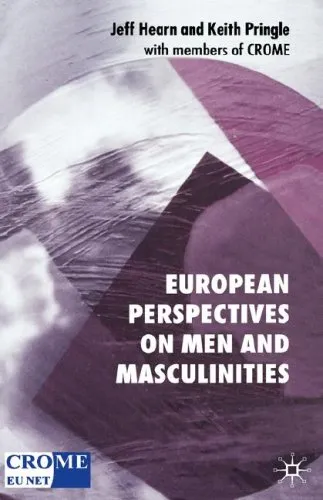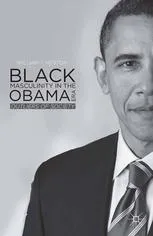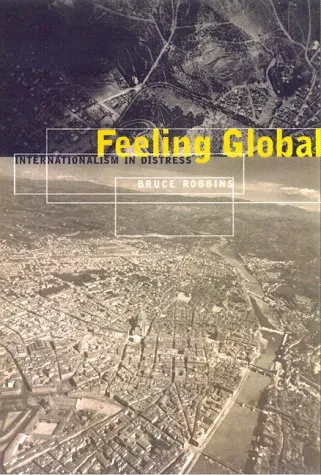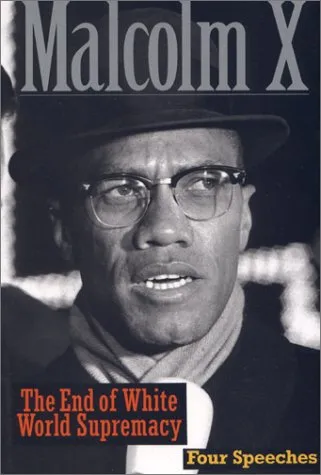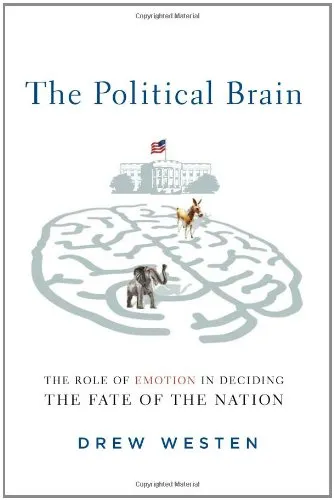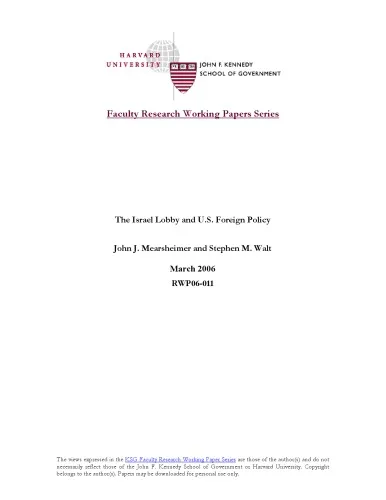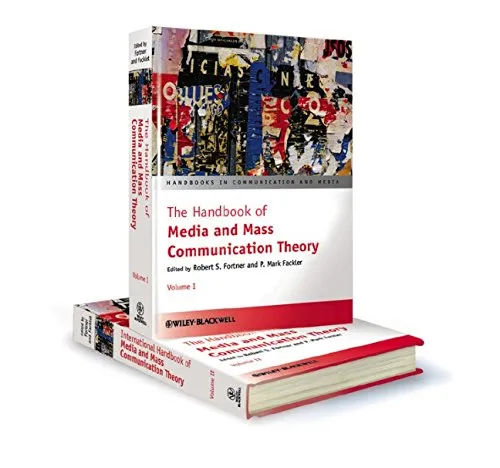European Perspectives on Men and Masculinities: National and Transnational Approaches
4.0
Reviews from our users

You Can Ask your questions from this book's AI after Login
Each download or ask from book AI costs 2 points. To earn more free points, please visit the Points Guide Page and complete some valuable actions.Related Refrences:
Introduction to European Perspectives on Men and Masculinities
European Perspectives on Men and Masculinities: National and Transnational Approaches, co-authored by Keith Pringle and Jeff Hearn, offers an insightful exploration into the evolving understanding of men and masculinities across Europe. By addressing both national contexts and transnational implications, this impactful book provides a multidisciplinary lens through which to examine how masculinity is constructed, experienced, and challenged in contemporary European societies. The book emphasizes diversity and change, highlighting variances across nations while also exploring overarching trends that transcend national boundaries.
With increased globalization, cross-cultural communication, and growing awareness of gender inequalities, this book arrives at a critical juncture. It engages with broader sociopolitical debates, including gender justice, identity, and social structures, while also diving deeply into cultural and institutional dynamics. By drawing on empirical research, expert analysis, and rich theoretical frameworks, this work becomes an essential resource for scholars, students, policymakers, and anyone interested in understanding the complexities of modern masculinities.
Detailed Summary of the Book
European Perspectives on Men and Masculinities is structured to ensure a comprehensive and nuanced understanding of masculinity in Europe. The authors argue that while masculinity is often viewed as monolithic, it is, in fact, shaped by distinct national contexts, cultural traditions, historical legacies, and socioeconomic dynamics. The book goes beyond simplistic dichotomies, advocating for an intersectional approach to examine how masculinity intersects with factors such as ethnicity, age, class, sexual orientation, and more.
Each chapter investigates masculinity within specific national frameworks, ranging from Nordic countries to Southern and Eastern Europe, while connecting these perspectives to broader transnational discussions. The authors explore themes such as how globalization influences gender norms, the role of policy in shaping men’s roles in society, and the fluidity of gender identities over time. Importantly, the book highlights the ways in which constructs of masculinity are implicated in issues such as gender-based violence, male privilege, fatherhood, and labor practices within Europe.
By integrating theoretical perspectives with empirical findings, this book bridges the gap between abstract frameworks and lived realities. The result is a compelling investigation into how masculinities are continually negotiated, contested, and redefined in response to shifting cultural, political, and economic landscapes.
Key Takeaways
- Masculinity is not a fixed or universal concept; it varies significantly across different national, cultural, and historical contexts.
- An intersectional approach is crucial to fully understanding the nuances of masculinity, as gender intersects with class, ethnicity, sexuality, age, ability, and more.
- Transnational dynamics, such as globalization, migration, and European integration, play a critical role in shaping contemporary masculinities.
- Policies and social norms regarding gender equity, fatherhood, and work-life balance profoundly influence the roles of men in society.
- Challenging traditional and hegemonic masculinities is essential for fostering more inclusive, equitable, and diverse societies.
Famous Quotes from the Book
"Masculinities are not inherent or unchanging qualities of men but socially constructed phenomena that are continuously reshaped and redefined."
"Understanding masculinities requires situating them within the broader structures of power, privilege, and inequality that shape society."
"National contexts shape masculinity in distinct ways, but transnational forces such as globalization push us to think beyond borders and explore commonalities and contrasts."
Why This Book Matters
In a world increasingly conscious of gender inequalities and the need for more inclusive frameworks, this book serves as a vital contribution to the study of men and masculinities. It challenges readers to rethink traditional narratives and stereotypes around masculinity, offering a pathway toward embracing diversity and fluidity in gender identities. The authors not only provide critical insights but also inspire scholars, activists, and policymakers to reflect upon and address pressing gender issues in innovative ways.
Moreover, by focusing on Europe, this book provides a unique and coherent geographical analysis, illuminating how local and global dynamics shape contemporary male experiences. Whether it is the progressive gender policies of Nordic nations or the enduring traditions of Southern Europe, understanding these complexities paves the way for fostering gender equity in varied cultural and political landscapes.
Ultimately, European Perspectives on Men and Masculinities is more than an academic work; it is a call to action. It asks us to critically examine the patriarchal structures embedded in our societies, challenge hegemonic masculinities, and envision a world where gender justice is a shared reality.
Free Direct Download
You Can Download this book after Login
Accessing books through legal platforms and public libraries not only supports the rights of authors and publishers but also contributes to the sustainability of reading culture. Before downloading, please take a moment to consider these options.
Find this book on other platforms:
WorldCat helps you find books in libraries worldwide.
See ratings, reviews, and discussions on Goodreads.
Find and buy rare or used books on AbeBooks.
1615
بازدید4.0
امتیاز0
نظر98%
رضایتReviews:
4.0
Based on 0 users review
Questions & Answers
Ask questions about this book or help others by answering
No questions yet. Be the first to ask!
